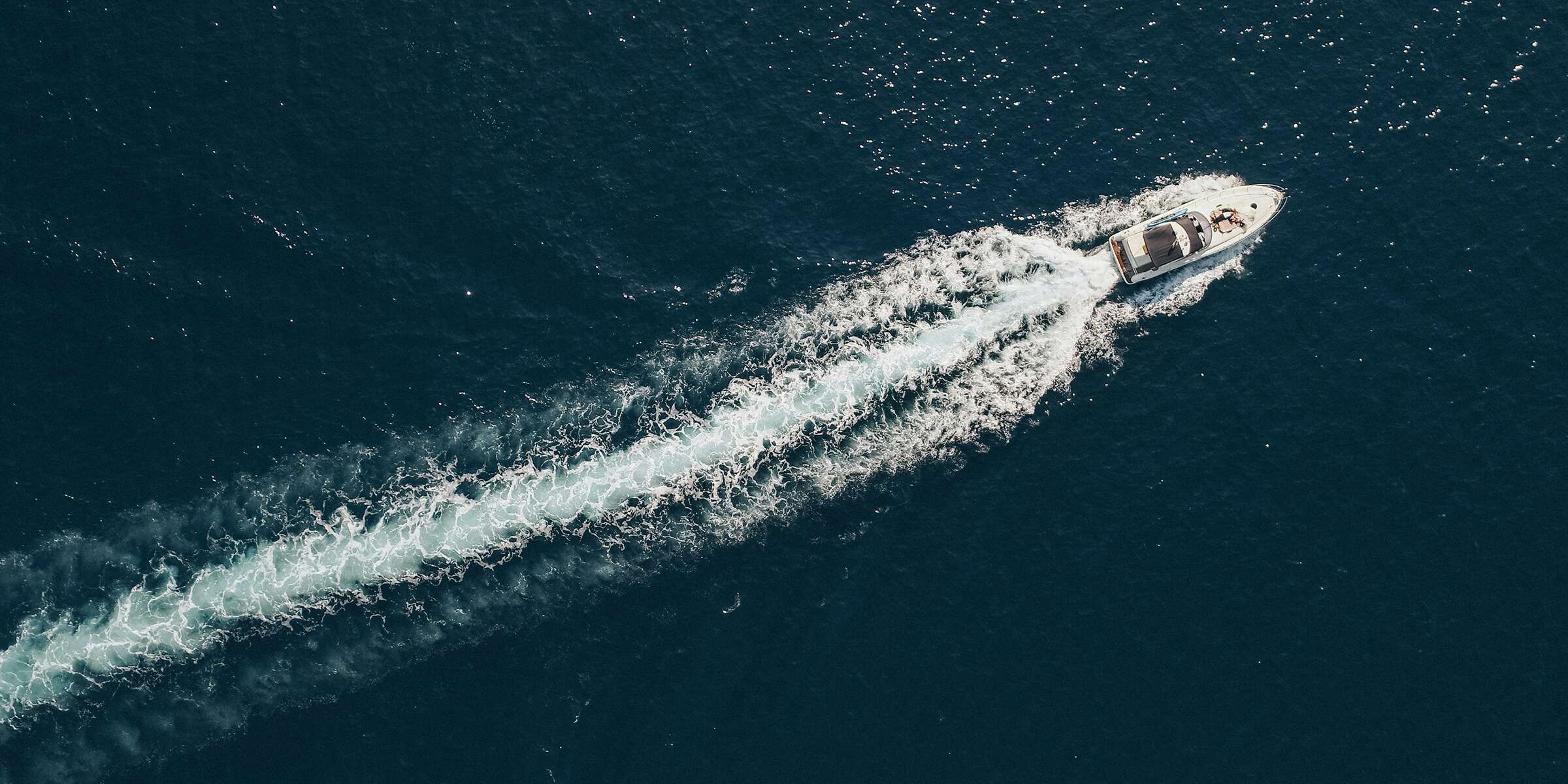
Wake Up - Master wake responsibility in NZ's Waterways
Boaties in New Zealand are fortunate to have access to some of the most breathtaking waterways in the world. However, it's essential that we understand and practice wake responsibility to ensure the preservation of these precious natural resources.
Wake refers to the series of waves created by a boat as it moves through the water. The size and intensity of the wake are influenced by factors such as boat speed, size, and hull shape. Excessive wake can have detrimental effects on the environment and pose safety risks to other water users. It can erode shorelines, damage sensitive habitats, and disturb wildlife.
Best Practices for Wake Responsibly:
To ensure that we wake responsibly, let's consider the following practices:
- Adhere to speed limits and no-wake zones: Respect speed limits set by local authorities and be aware of designated no-wake zones. These areas are specifically designated to protect sensitive habitats and provide a safe environment for other water users.
- Maintain a safe distance from the shore: Keep a reasonable distance from the shoreline to prevent erosion and minimize the disturbance to wildlife and habitats. A general rule of thumb is to stay at least 200 meters away, but local regulations may vary.
- Consider weather and water conditions: Be mindful of how weather and water conditions can impact wake. Adjust your boating behaviour accordingly, especially during periods of high winds or in narrow channels where your wake may have a greater impact.
- Communicate and be courteous: Maintain open communication with other boaters, kayakers, paddleboarders, and swimmers. Signal your intentions, give ample space when passing, and always be courteous on the water.
Several resources and educational opportunities are available to enhance our understanding of wake responsibility:
- Maritime New Zealand provides guidelines and safety regulations regarding wake and wash effects from vessels on the water.
- Local boating associations often offer courses and information on responsible boating practices. They are a valuable source of knowledge and can provide guidance specific to your area.
As responsible boaters in New Zealand, we have the power to make a positive impact on our waterways. By embracing wake responsibility, we ensure the preservation of our marine treasures for future generations.